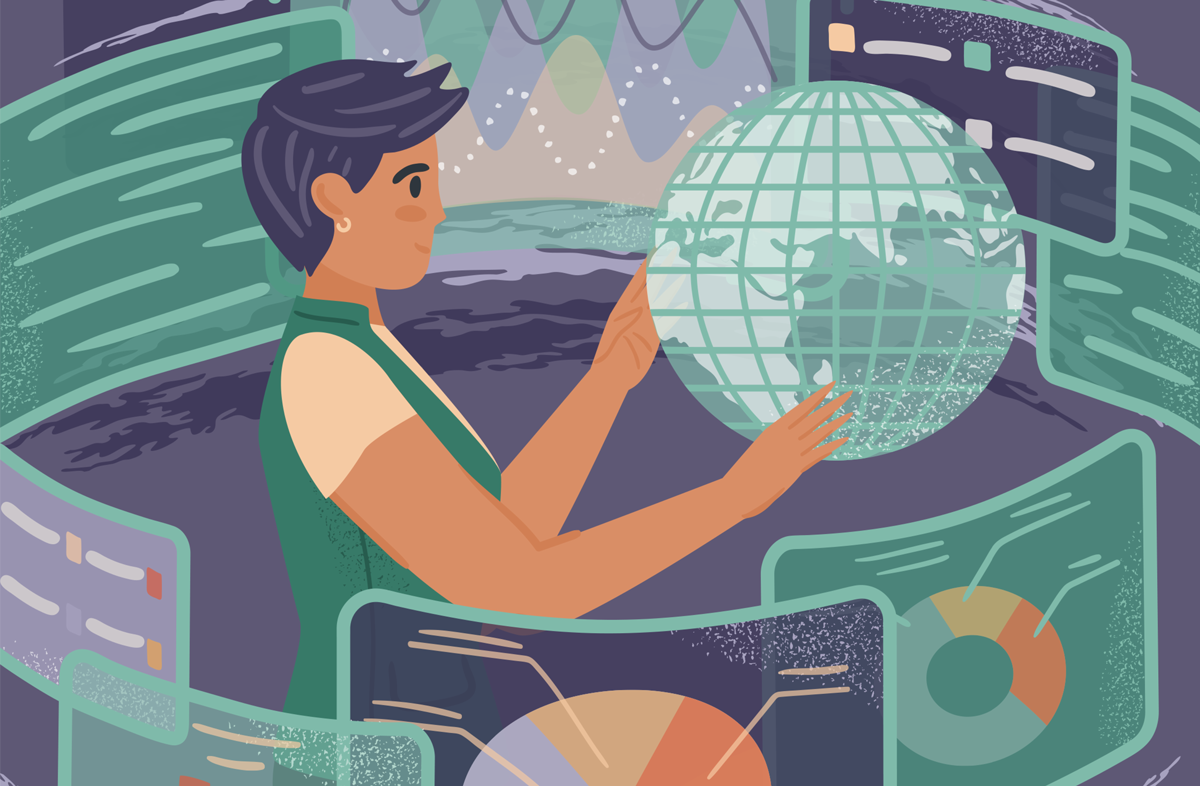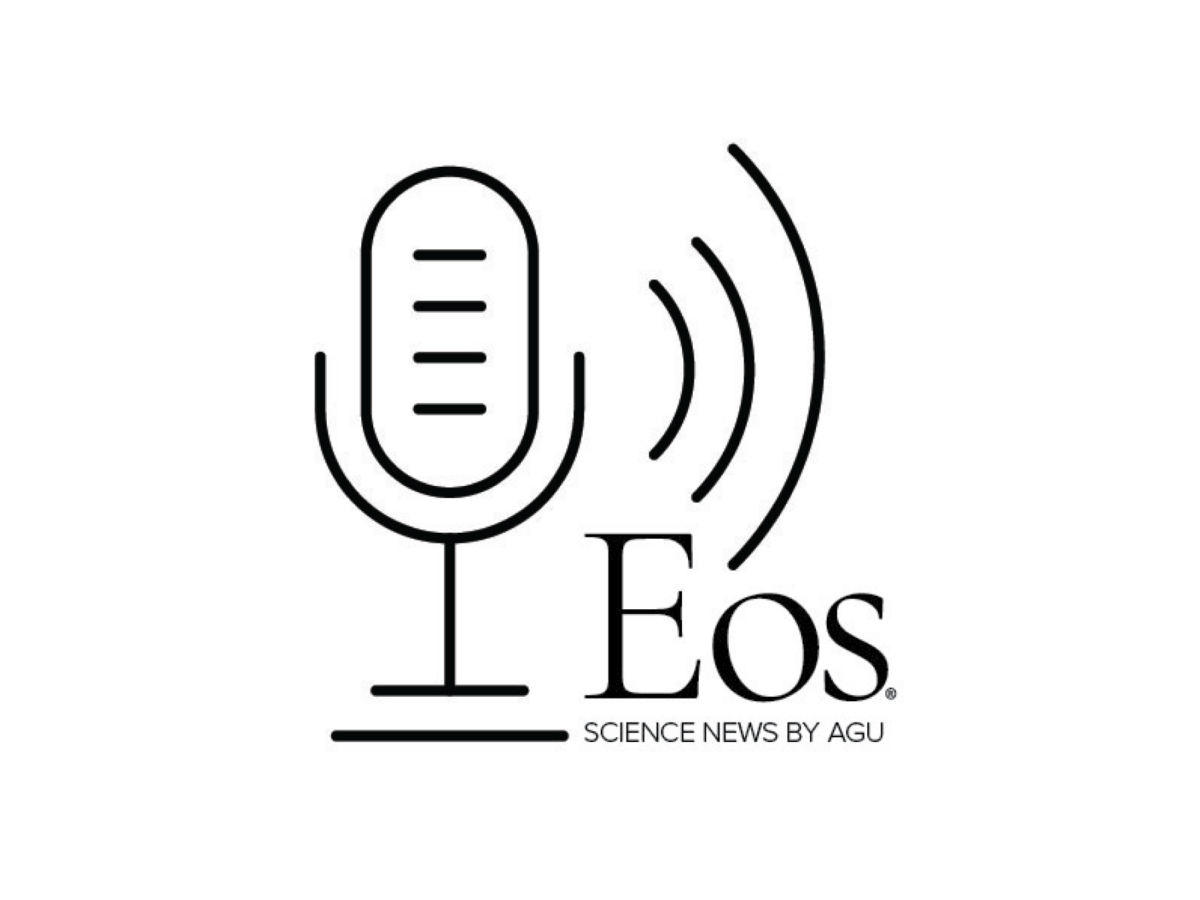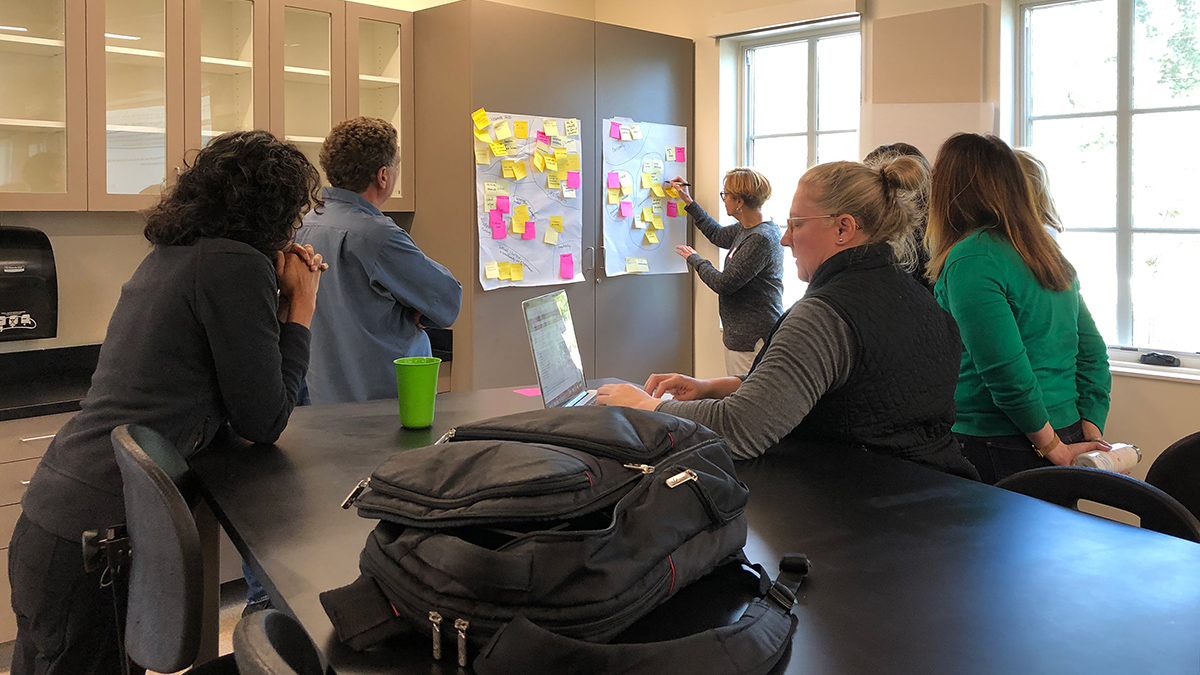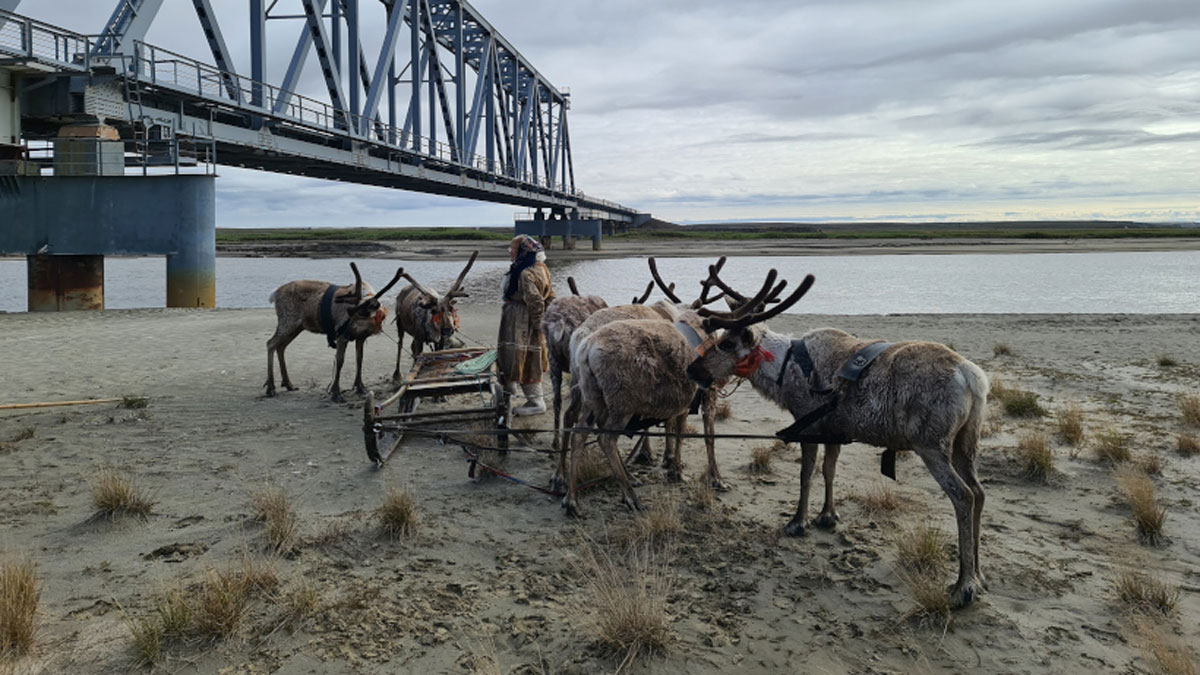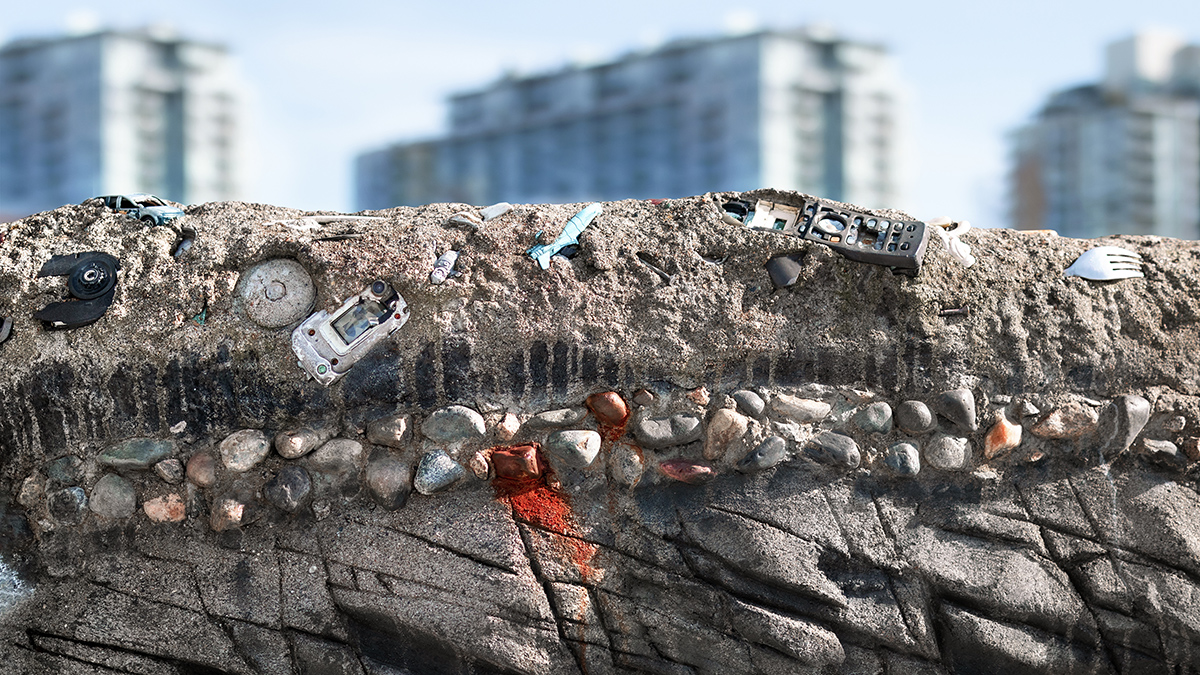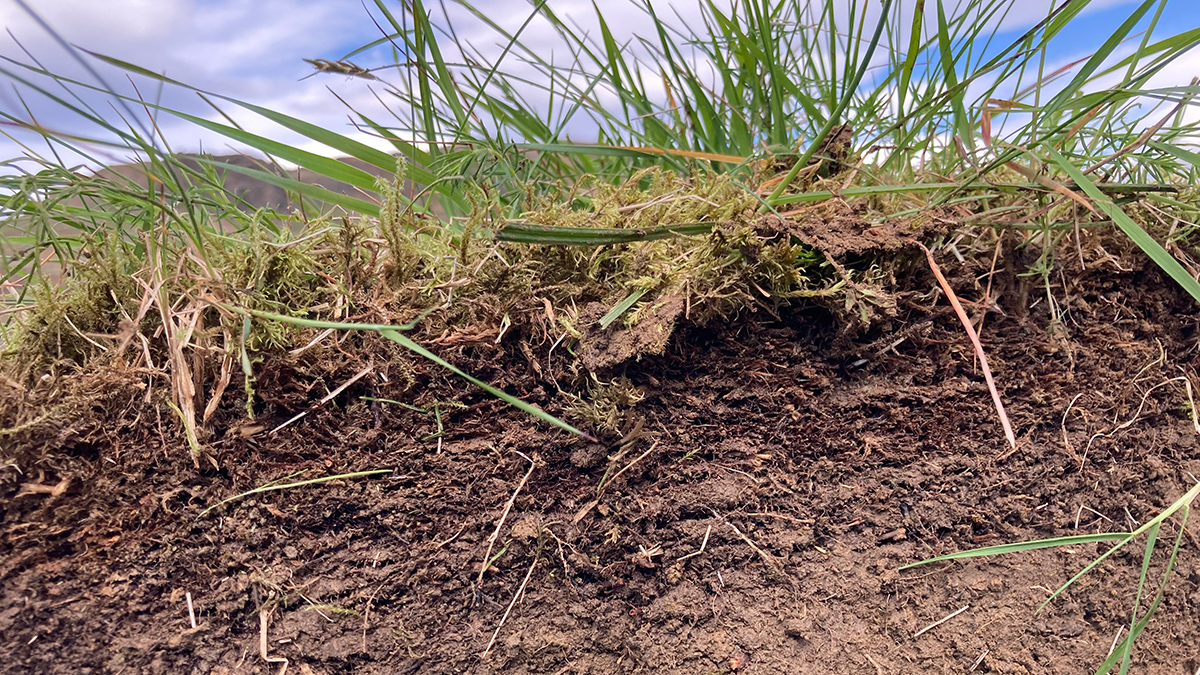Un panel conjunto de la AGU-AMS destacó cómo las personas, las instituciones y las asociaciones profesionales pueden tomar acción para ampliar las oportunidades para quienes tienen identidades tradicionalmente marginadas.
meetings & workshops
Solar Panel Arrays May Affect Soil Carbon Levels
As research ramps up on how to maximize the benefits of colocating agriculture and solar panels, researchers are also beginning to investigate other potential ecosystem benefits.
The Benefits of Empowering Community College Geoscience Faculty
Creating spaces and partnerships tailored to 2-year-college faculty can improve perceptions of how they fit into the geoscience community and boost diversity in the discipline more broadly.
A Mission to Uranus Requires a Community-Building Effort on Earth
Planning the first mission to Uranus since the 1980s offers an opportunity to build a diverse, interdisciplinary team that spans generations.
Geoscience Departments Can “Phone a Friend” for Support
For a decade, the Traveling Workshops Program has provided customized assistance and expert facilitation to support geoscience groups as they adapt to shifting student and institutional interests.
Empowering Genderqueer Geoscientists: Being and Building the Change
A joint AGU-AMS panel outlined how individuals, institutions, and professional associations can take action to expand opportunities for those with traditionally marginalized identities.
Forests, Water, and Livelihoods in the Lesser Himalaya
Complex changes in land use, land cover, climate, and demographics are combining to stress water security for millions of people in the region.
Convergence Science in the Arctic
Focusing on climate change and industrialization in Siberia’s Yamal Peninsula, researchers developed science questions that aim to reach far beyond any single discipline.
What’s Next for the Anthropocene?
Researchers weigh in on the meaning and aftermath of the decision to reject designating “Anthropocene” as an official geological epoch.
How Are Deep Soils Responding to Warming?
Scientists aim to integrate observations from deep-soil-warming experiments worldwide to better understand how ecosystems vital to food security and environmental health will react to climate change.

